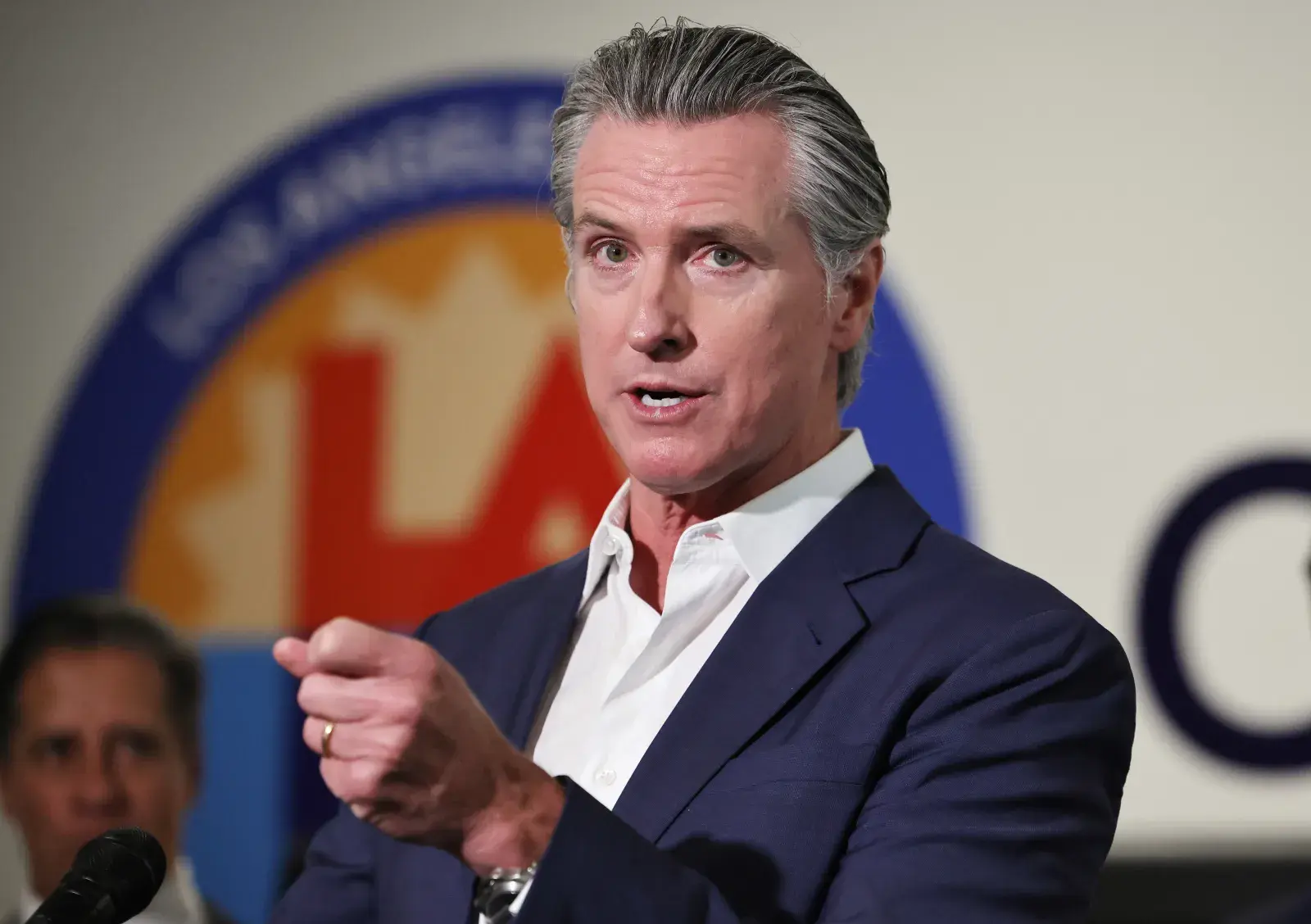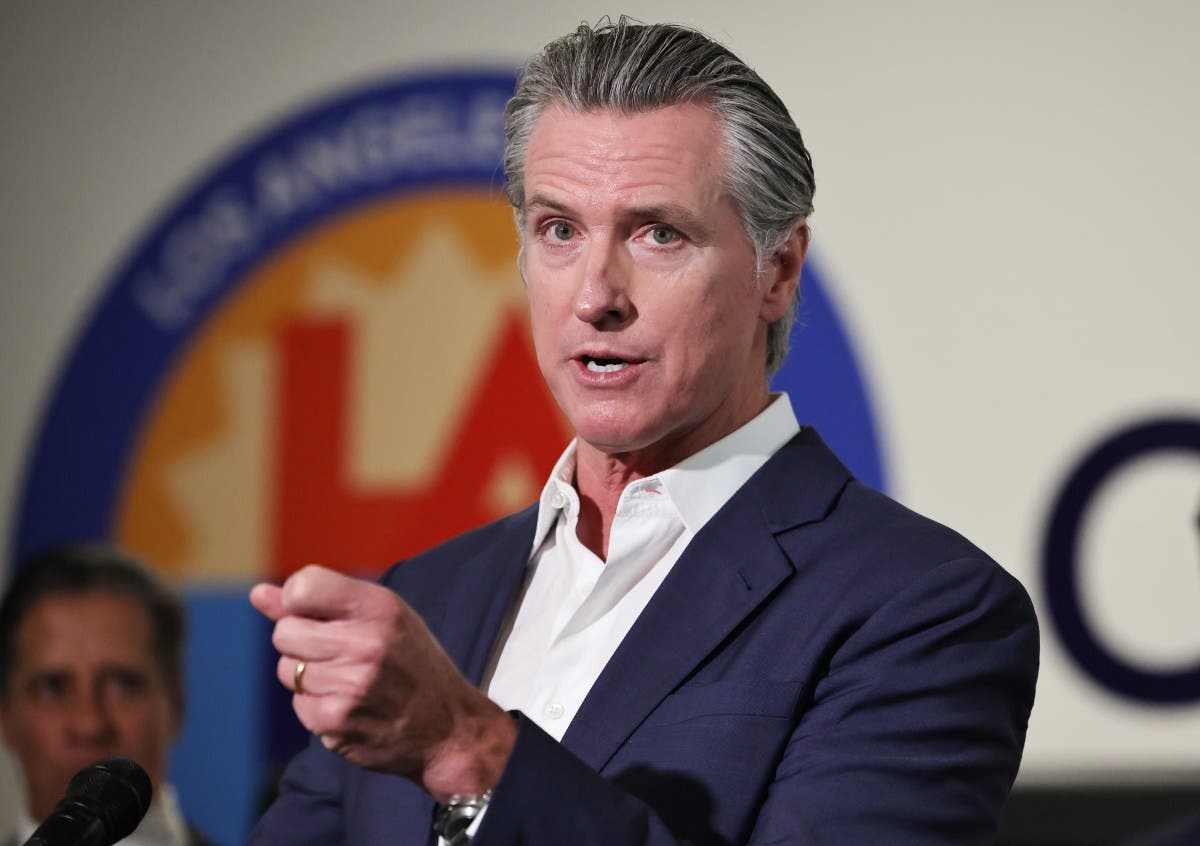California Governor Gavin Newsom has gained ground on Vice President JD Vance in a new hypothetical poll of the 2028 presidential race.
According to polling by Emerson College, if the two were pitted against each other in the next election cycle, 46 percent would support Vance while 45 percent would opt for Newsom.
While this shows Vance slightly in the lead, the 1 percent margin he leads by is smaller than in previous surveys by the pollsters.
Newsweek reached out to Newsom and Vance for comment.
Why It Matters
While neither candidate has formally announced a presidential run, both have sparked speculation that they may run in the next election.
Newsom has consistently been mentioned among the leading candidates in most polls of the 2028 primary. He has also delivered a number of speeches around the country criticizing the Trump administration and recently trolled President Donald Trump on social media by copying his posting style and taking umbrage with his policy offerings, which has boosted his profile. The governor has also led a redistricting push in California to help Democrats win future elections.
Meanwhile, Vance has increased his public profile through his key White House role and has led in polls and betting odds about who might be the heir to Trump. He has not publicly stated his intention to run, instead recently saying he is focused on his White House duties and “trying to do a good job for the American people.”

What To Know
Emerson College’s survey of 1,000 registered voters was conducted between October 13 and 14. It had a margin of error of +/3 percentage points.
It follows an August Emerson College poll, which showed Vance with a slightly tighter lead over Newsom, 44.4 percent to 43.5 percent. The survey of 1,000 registered voters was conducted from August 25 to August 26 and had a margin of error of plus or minus 3 percentage points.
In July, the Emerson national poll had Vance at 45 percent ahead of Newsom at 42 percent—a 3 percent lead.
Emerson College said in a release that Newsom has picked up three points and Vance one point since July.
However, the polling is not necessarily indicative of how the two would fare in a presidential election, as these elections are decided through the electoral college, not by popular vote.
What People Are Saying
Spencer Kimball, executive director of Emerson College polling, said in a release: “The 2026 congressional ballot and the hypothetical 2028 matchup between Vance and Newsom also remain unchanged, suggesting a polarized electorate where individual issues may not be enough to sway overall opinion. It will be interesting to see whether ‘threats to democracy’ will influence voter attitudes, or if the dominant factor continues to be the economy, which voters, particularly women and younger voters, see as heading in the wrong direction.”
California Governor Gavin Newsom told The Wall Street Journal in June: “I’m not thinking about running, but it’s a path that I could see unfold.”
President Donald Trump said last month when asked if JD Vance is the successor to MAGA: “Well, I think most likely in all fairness, he’s the vice president. I think Marco [Rubio] is also somebody that maybe would get together with JD in some form. I also think we have incredible people, some of the people on the stage right here, so it’s too early obviously to talk about it, but certainly he’s doing a great job, and he would be probably favored at this point.”
What Happens Next
Most candidates do not announce presidential runs until after the midterm elections, which are set for November 2026.
